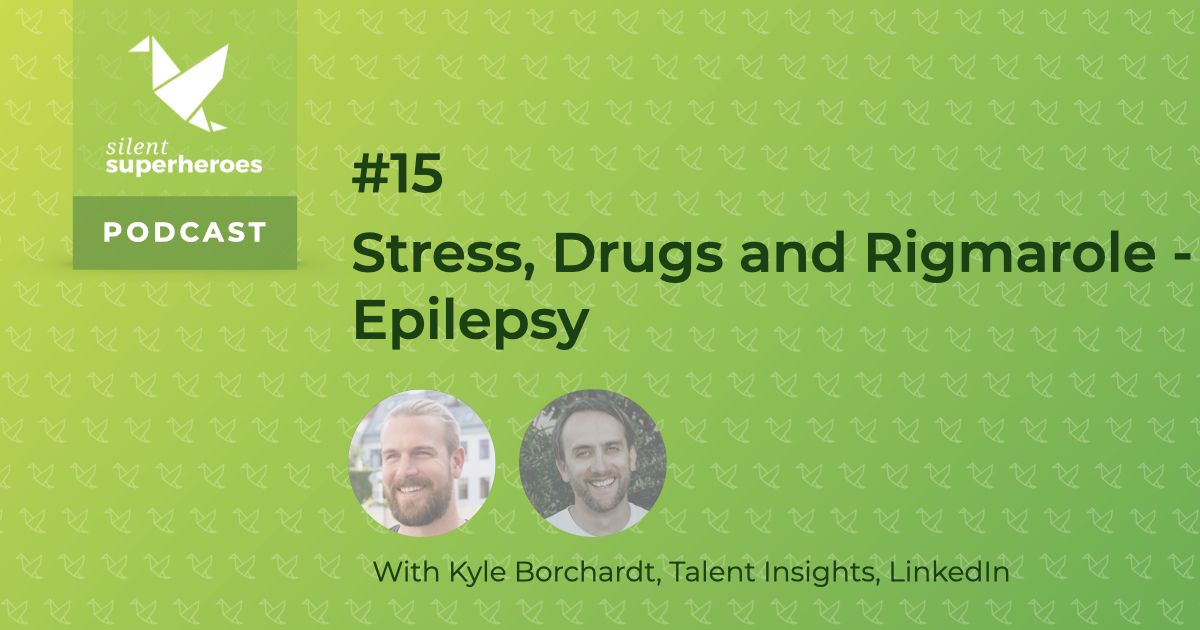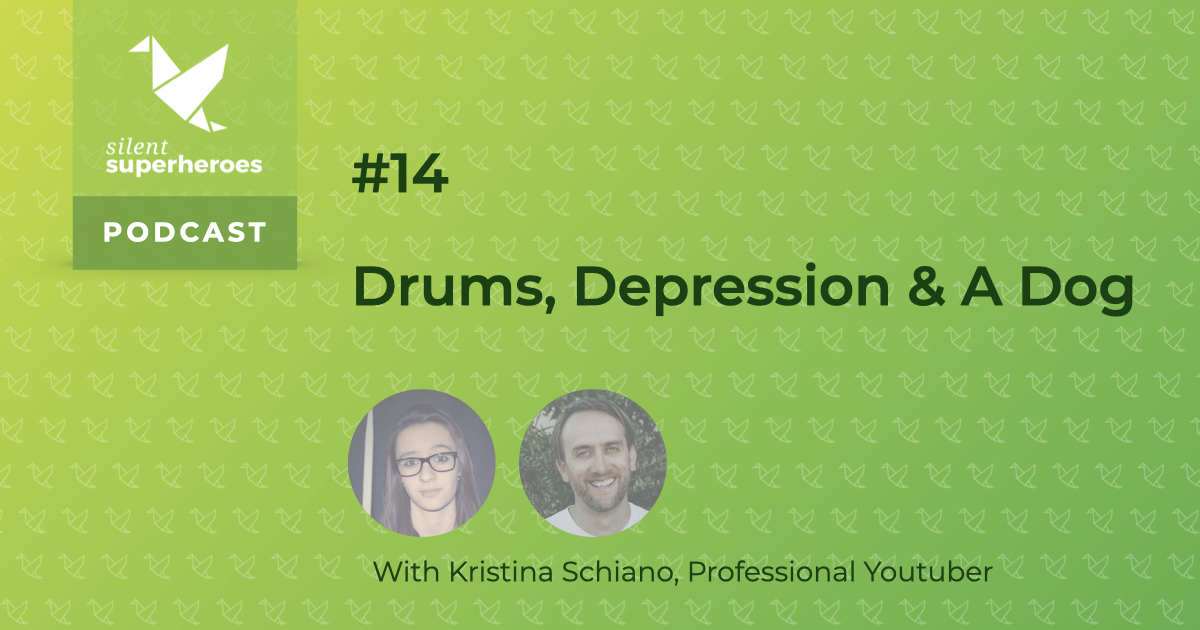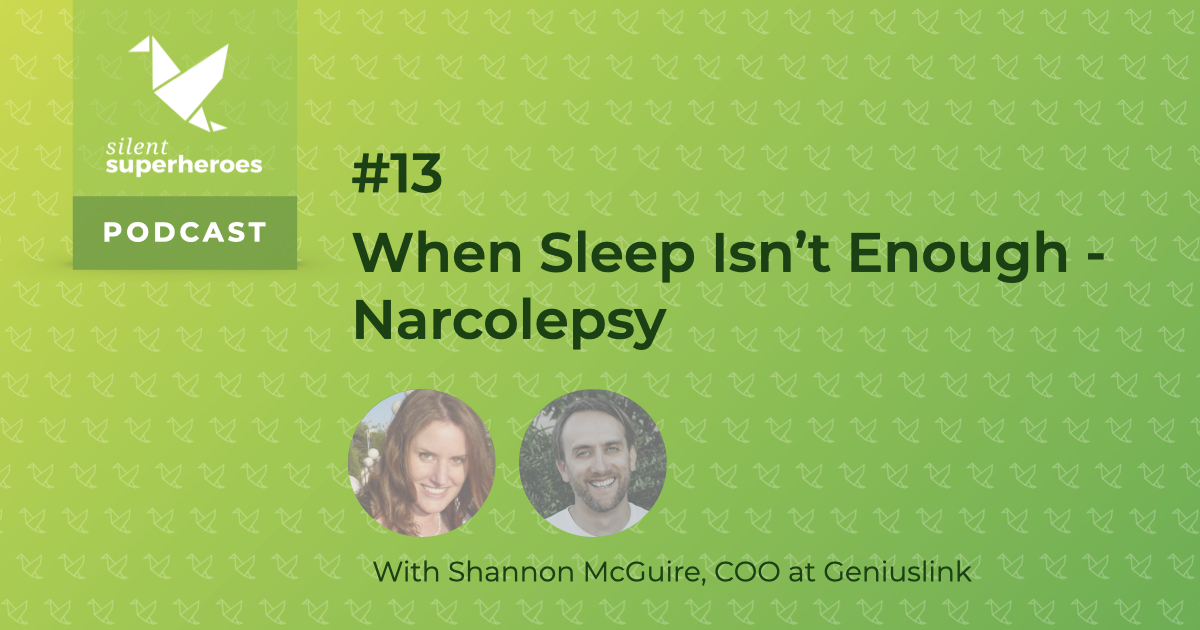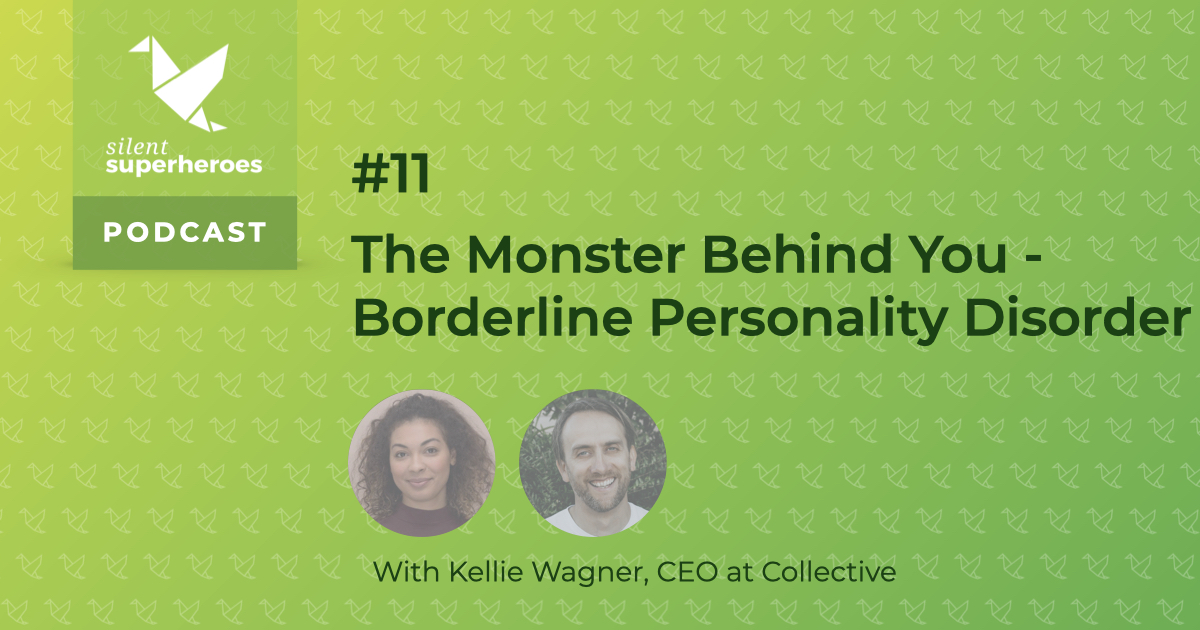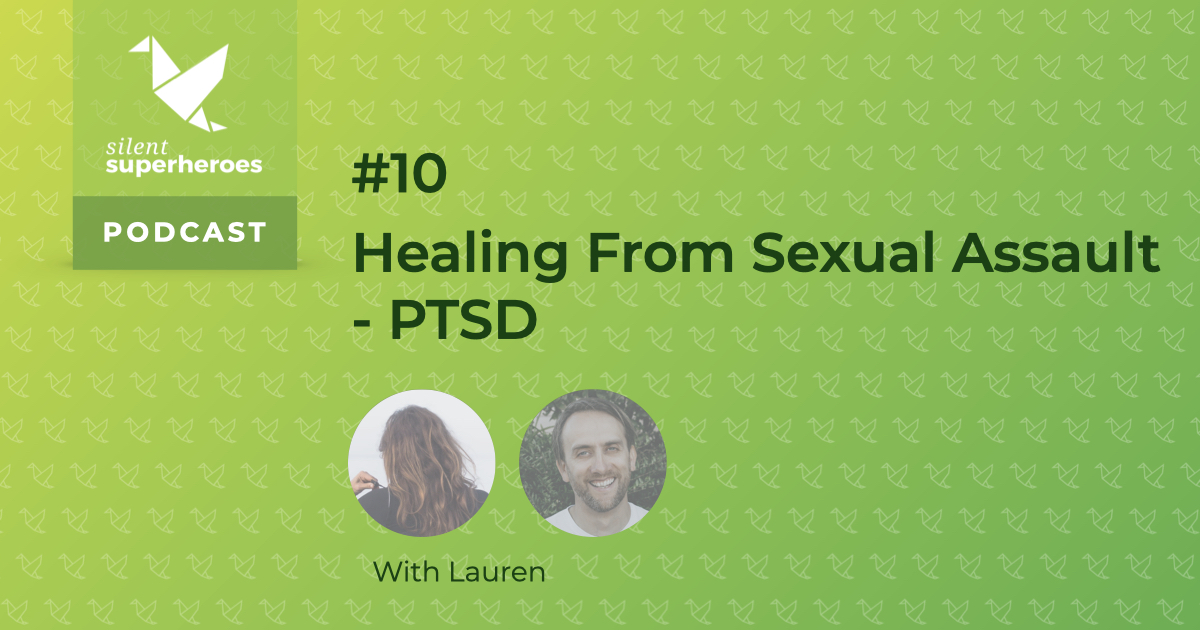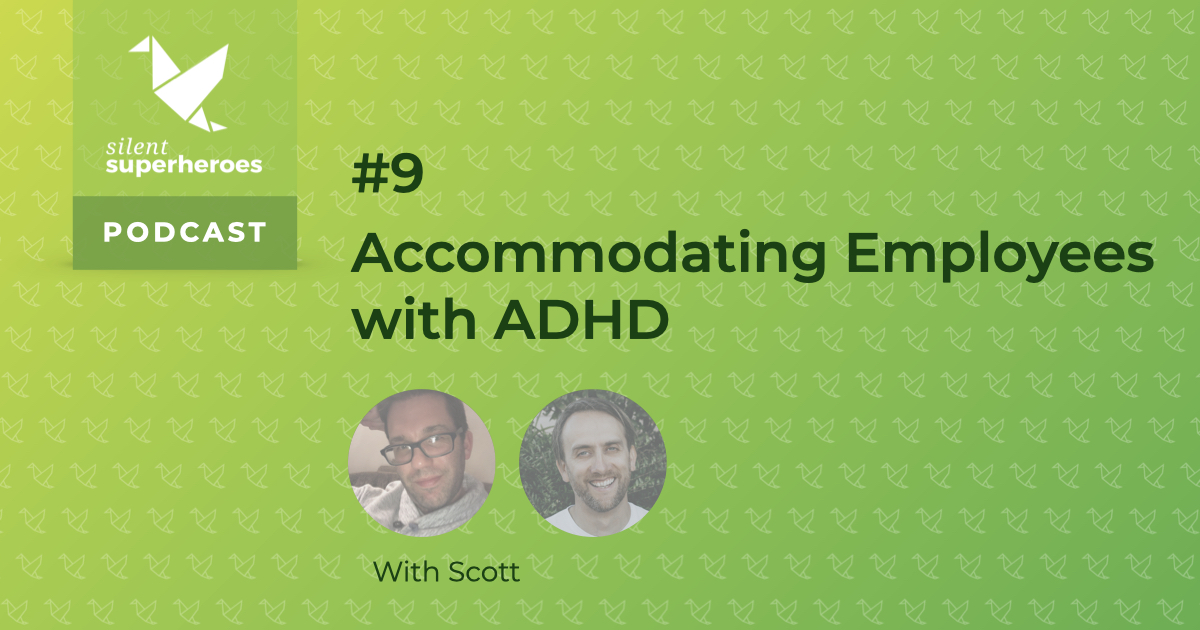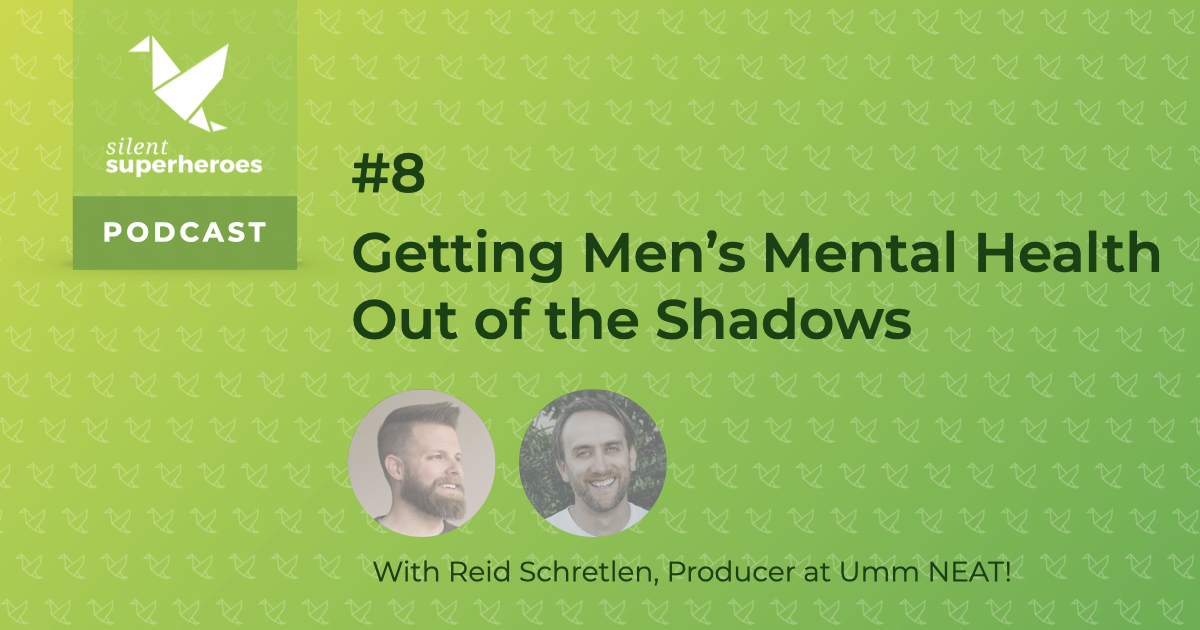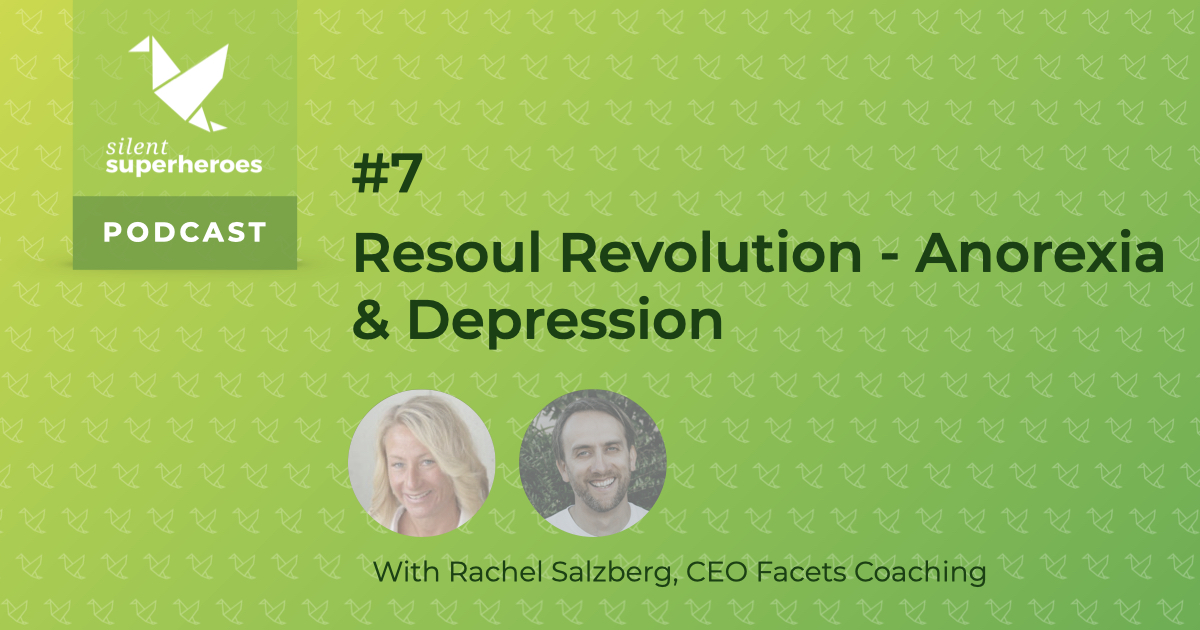Grand mal epileptic seizures are a serious business, often leaving someone on the floor convulsing. They’re scary for people around them and very dangerous for those who experience them. Kyle’s been living with them for nearly 20 years. Despite that length of time, it’s only recently he’s to come to terms with the fact that epilepsy at work is a condition you need to take seriously and manage carefully.
Listen To Episode 15
Podcast: Play in new window | Download (Duration: 41:36 — 25.4MB)
Show Notes
Kyle’s resistance to managing epilepsy isn’t through a lack of knowledge. For example, his mother has it and his two sisters take medication as a precaution against it. The resistance comes from something deeper, the resistance we all have to admitting that there’s some part of us that doesn’t work right. That’s something that we must eventually learn to accept to begin the healing process.
In this episode of Silent Superheroes, we hear about Kyle’s first grand mal seizure and what triggers them. In addition to his triggers, Kyle shares what it’s like to experience a seizure, and how long it takes him to recover. And he also reflects on different places he’s worked and how some have been better and many have been worse for managing epilepsy at work.
Links
- Athletes For Epilepsy (non-profit),
- Citizens United for Research in Epilepsy (NGO),
- Cleary, Kyle’s employer (company),
- Kyle’s social (LinkedIn, Instagram).
About Epilepsy
Epilepsy is a neurological disorder in which abnormal brain activity can cause a variety of symptoms, for example seizures, unusual sensations, or sometimes loss of awareness. Anyone can develop epilepsy and it affects men and woman of all races, ethnic backgrounds and ages.
Seizure symptoms can vary widely. Some people with epilepsy simply stare blankly for a few seconds during a seizure, while others repeatedly twitch their arms or legs. Most people with epilepsy can be treated with medication or surgery. Some people with with epilepsy require lifelong treatment to control seizures. For others, the seizures eventually go away.
Getting Support
Remember, the people you hear on Silent Superheroes are sharing their opinions about mental health and mental illness. They are not giving advice. For that reason, please consult with your care provider before making a change to your treatment approach.
It’s important to take your mental health seriously. Consequently, if you need to speak to someone you can call 1-800-273-8255, or text crisistextline.org on 741741. Both provide 24×7 confidential counseling to people in the United States. Worldwide visit http://iasp.info/resources/Crisis_Centres/
Because you listened to the podcast, you can help others find it by leaving us a review on iTunes. Or if you don’t use iTunes, leave a review on your favorite podcasting service.


